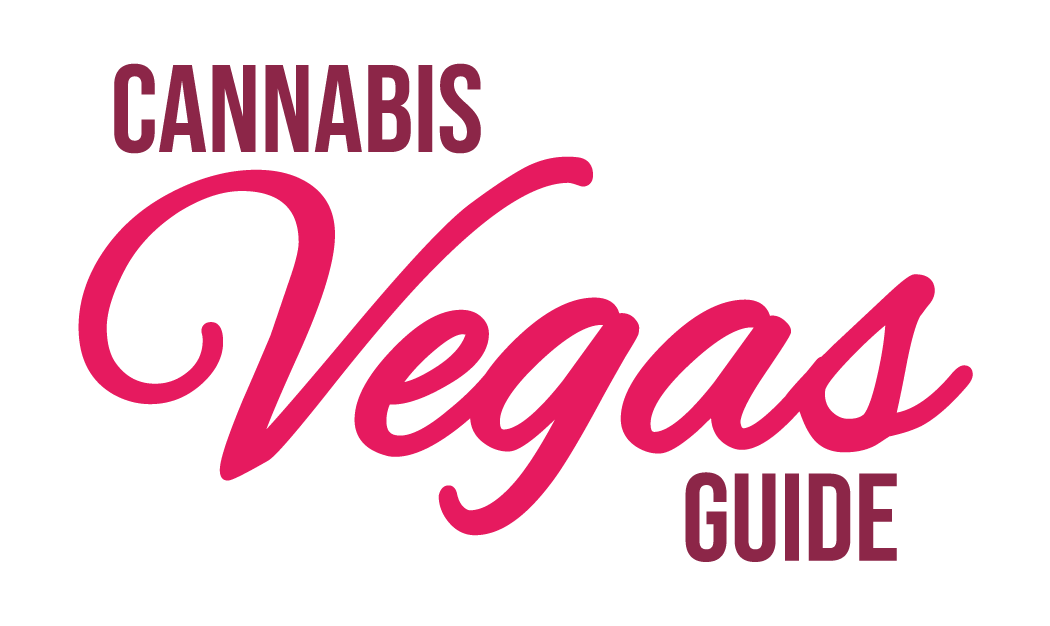Every December, MJBizCon—the world’s largest cannabis business gathering—turns Las Vegas into the de facto headquarters of the global marijuana industry. The weeklong influx of founders, cultivators, investors, equipment makers, lawyers, and policymakers is more than a trade show; it’s a high-value convention that fills hotel blocks, drives dining and entertainment spend, and feeds the city’s broader meetings-and-conventions engine at a moment when year-round visitor trends can be choppy.
Scale is the starting point. Independent event media reported MJBizCon 2024 drew roughly 30,000 attendees—numbers that place it among Las Vegas’s marquee B2B events and anchor tenants on the late-year calendar. Exhibitor counts and partnerships also grew, underscoring that the show functions as a procurement marketplace: buyers comparison-shop lighting rigs, post-harvest tech, packaging lines, and retail systems that ripple through supply chains well after the expo closes. For a meetings city, that concentration of decision-makers translates directly into room nights, banquet bookings, rideshare demand, and after-hours hospitality revenue.
The local tourism authority’s research shows why large conventions matter: Las Vegas ties a significant share of its employment and tax base to visitor spending and major meetings, and year-over-year swings in visitation make high-confidence calendar pillars even more valuable. When overall traffic softens, events with reliable draw help stabilize occupancy and ADRs across the resort corridor and the Convention Center district. MJBizCon’s timing—post-Thanksgiving and before the December holidays—helps smooth seasonality.
MJBizCon’s economic influence extends into Nevada’s cannabis economy itself. The show is produced by the newsroom that publishes the MJBiz Factbook, whose 2024 edition projected the national economic impact of cannabis sales would exceed $112 billion—a context point that keeps investors and multi-state operators convening in Las Vegas to set budgets, explore M&A, and negotiate distribution for the year ahead. Those conversations filter into Nevada, where academics tracking the state market document trends in retail and wholesale pricing, product mix, and regulatory levers likely to shape 2025–2030. The result: deal-making sessions and satellite summits in hotel suites become a quiet driver of future trade flows through Southern Nevada.
Policy and hospitality intersect around consumption, too. Nevada and the City of Las Vegas approved frameworks for cannabis lounges in recent years—an amenity category closely watched by MJBizCon attendees who want compliant places to host client events. Execution has been uneven, with openings, closures, and operational hurdles (including alcohol bans) illustrating both the potential and friction of cannabis hospitality in a casino-centric market. Even so, consultants and operators remain bullish on curated, ticketed experiences—precisely the kinds of activations that cluster during convention week and can add incremental spend beyond the expo hall.
The broader backdrop in 2025 includes headwinds for Las Vegas tourism and conventions, making MJBizCon’s resilience more consequential. With visitor volumes and some convention metrics trending lower this summer, a late-year, high-intent B2B audience offers counter-cyclical lift—and a reminder that sector-specific shows with real purchasing authority are linchpins in the city’s economic playbook. In that sense, MJBizCon’s impact on Las Vegas is both immediate—filling rooms and restaurants—and long-tail, seeding deals that reverberate across Nevada’s logistics, professional services, and retail ecosystems.
Read More: How legalization reshaped Las Vegas nightlife and hospitality
